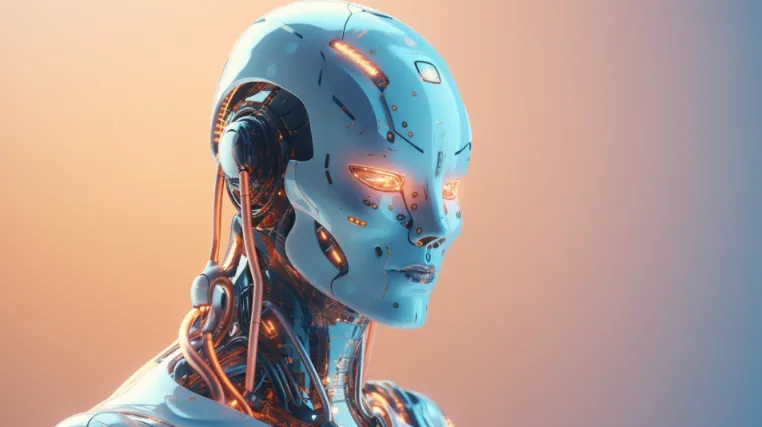Introduction
How many times have you found yourself trapped in the paradox of the autocorrect rabbit hole, only to be rescued by your trusty human brain? Yet, as we delve into the futuristic realm of artificial intelligence, the question arises: “Which one is more accurate: AI or human writing test?” Is it our time-tested, naturally-evolved prowess, or is it the cold, calculated precision of our silicon counterparts?
You may be quick to side with team human, brandishing the flag of intuition and creativity. On the other hand, you might be cheering for the AI underdogs, championing their tireless efficiency and relentless accuracy. The answer, however, might not be as clear cut as you think.
This article will embark on an enlightening exploration of AI vs human accuracy in writing tests, comparing the strengths and weaknesses of both. We’ll dive into real-life examples, expert insights, and cutting-edge research that might just upend your preconceived notions.
So, buckle up, fellow language enthusiasts, as we decide once and for all: “Which one is more accurate: AI or human writing test?” Prepare to be entertained, surprised, and most importantly, informed, as we seek to settle this fascinating debate. Whether you’re a technophile or a staunch humanist, one thing is certain: you’ll never look at your keyboard the same way again.
Importance of accuracy in writing
Accuracy is a critical aspect of writing. It guarantees that the intended message is conveyed precisely and effectively. Inaccuracies can lead to misunderstandings and misinterpretations, which can be disastrous.
Brief overview of AI and human writing
AI writing is the use of computer programs that can generate written content automatically. It involves the use of algorithms and machine learning techniques to produce text that is grammatically correct, coherent, and contextually appropriate. On the other hand, human writing involves the use of individual creativity, emotional intelligence, and personal experience to create written content.
Advantages of AI Writing
Speed
AI writing is faster than human writing. AI-generated content can be created in seconds, while human-written content can take hours or even days.
Consistency
AI writing is consistent. The computer programs follow a set of rules and guidelines, ensuring that the content is uniform.
Cost-effectiveness
AI writing is cost-effective. Once the program is set up, it can generate content without additional costs.
Examples of AI writing tools
Examples of AI writing tools include GPT-3, QuillBot, and Articoolo.
Advantages of Human Writing
Creativity
Human writing is creative. It enables writers to express themselves in unique and imaginative ways.
Emotional intelligence
Human writing has emotional intelligence. It can convey emotions and feelings that AI writing cannot.
Adaptability
Human writing is adaptable. It can adjust to the tone and style of the intended audience.
Examples of human writing skills
Examples of human writing skills include storytelling, humor, and persuasive writing.
Comparison between AI and Human Writing
Objective vs. subjective writing
AI writing is objective, while human writing is subjective. AI writing is based on data and algorithms, while human writing is based on personal experience and emotions.
Accuracy vs. originality
AI writing is accurate, while human writing is original. AI writing is based on pre-existing data and algorithms, while human writing is based on individual creativity.
Efficiency vs. authenticity
AI writing is efficient, while human writing is authentic. AI writing is faster and more consistent, while human writing is unique and personal.
Examples of AI and human writing compared
An example of AI writing would be a news article generated by a computer program, while an example of human writing would be a personal essay or a creative writing piece.
Conclusion
Summary of the advantages of AI and human writing
AI writing is faster, consistent, and cost-effective, but lacks creativity, emotional intelligence, and adaptability. Human writing is creative, emotionally intelligent, and adaptable, but can be slow and inconsistent.
The importance of choosing the right tool for the job
Choosing the right tool for the job is essential. AI writing may be suitable for certain types of content, such as news articles, while human writing may be more appropriate for personal essays or creative writing.
Future implications of AI and human writing in the writing industry
The use of AI in writing is likely to continue to grow, but it is unlikely to replace human writing completely. The two will likely coexist and complement each other, resulting in more efficient and effective writing.






